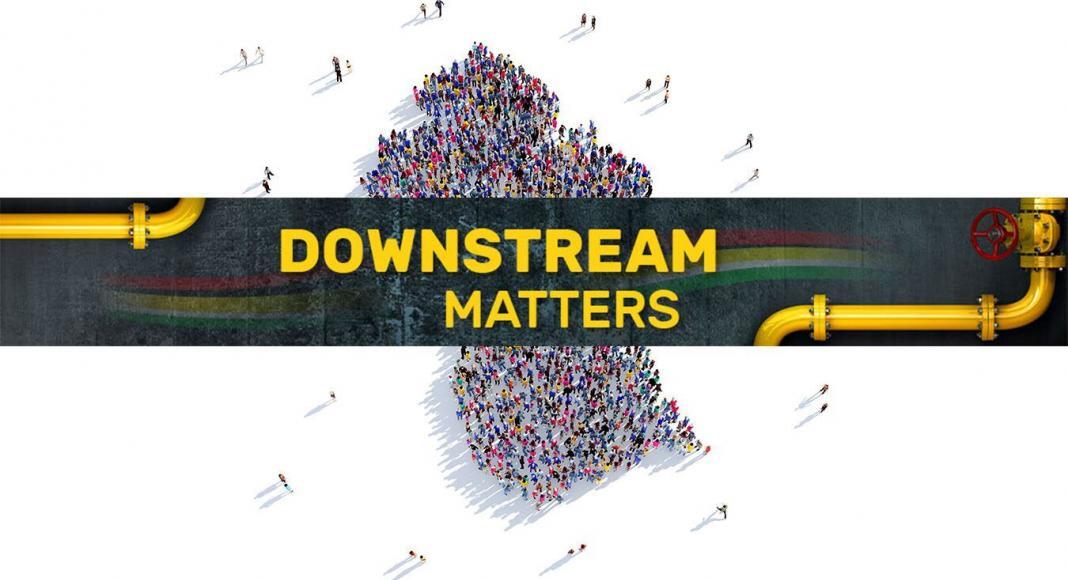By A. Bacchus
The oil and gas industry will be here for at least twenty years. Local content has been one of the hot-button issues from the inception, and the need for locals to occupy this sector remains an objective of most stakeholders—hence the move by both the companies and government to introduce local content policies.
For locals to take up key positions in this industry, which is expected to remain for decades to come, capacity-building is necessary. Of course, basic education in the various fields within the sector is the foundation on which this capacity can be developed. However, what I have found lacking in our local education system is comprehensive career guidance. Young people today are excited about the prospects of working in such a lucrative sector; however, the skills deficit is an obvious one. Companies are attempting to address this by providing the technical training necessary, but they also require basic qualifications in these areas.
This new sector is one that requires a vast array of workers. An early start is necessary in training the upcoming workforce to meet the needs of the petroleum industry. This needs to start at the secondary level, at least. Yes, from my recollection, students are streamlined into faculties—Business, Science, Technical Studies and Humanities/Arts. However, this isn’t enough. The curriculum should now include an in-depth exposure to professions, their paygrade, and the requirements to make that profession a career.
The University of Guyana has begun taking a similar approach of preparing Guyanese to man the sector. Earlier this year, I had a discussion with Vice Chancellor, Professor Paloma Mohamed-Martin and she shared with me, the efforts that the University is making to ensure that there are Guyanese to meet every need of Guyana’s oil and gas operations, and the high level of commitment from companies within the sector to build this local capacity through collaborations with the university. As of June, US$30 million in support was received from oil and gas companies.
The University of Guyana churns out hundreds of students each year from their departments, which include Computer Science, Engineering, Entrepreneurship, Environmental Studies, Forestry, Urban Planning and Management, Tourism Studies, Education, Creative Arts, Economics, Law, Public Management, Business Management, Medicine, Optometry, Supply Chain Management and Nursing, among others. In 2017, the Associates’ Degree and Master’s Degree in Petroleum Engineering were introduced, and this year, a Bachelor’s Degree programme was established. Two years ago, the Institute for Energy Diplomacy came into fruition to offer professional development and specialisation courses in areas such as Energy, Energy Markets, Oil and Gas Value Chain, Energy Transport and Shipping and Crude Oil Trading.
However, the Vice Chancellor has recognised that the oil and gas operations offshore are not labour-intensive and she noted that the University of Guyana is catering to all the needs of the sector, and as such, the institution is developing a cadre of workers to meet the needs of all the service industries that support the sector—from Accountants, Human Resources management workers, and Occupational Safety and Health Officers and Medical personnel, to business support professionals. Those that have opted to engage in technical studies related to the sector have been enjoying favourable prospects. In fact, the Vice Chancellor had shared that a total of about 300 students graduate from the engineering disciplines annually, while between 30 to 60 students graduate from Supply Chain Management, and over 50 percent of these are being employed by the industry both directly and indirectly.
For us, capacity-building and local content ought not be dependent on the efforts of foreign companies; instead, our approach needs to be systematic. Our young people need to know what their prospects are and how they can achieve successful careers within the sector. This guidance should be provided in schools to adequately prepare them to make an informed decision on their path to a tertiary education.



